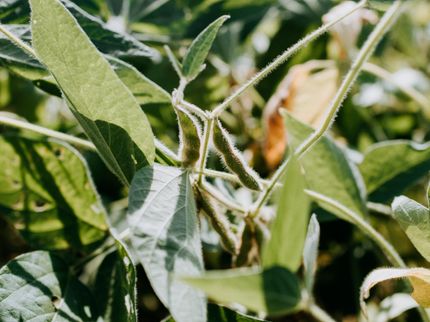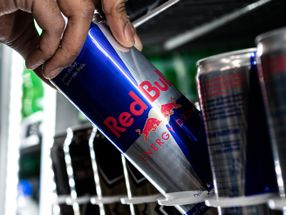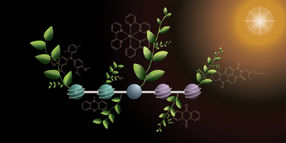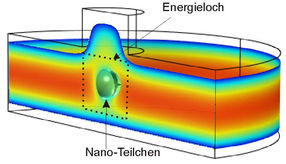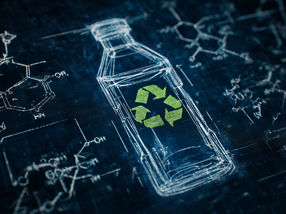EU Commission critical of import ban on Ukrainian grain
Advertisement
The EU Commission is critical of import bans on grain from Ukraine imposed by Hungary and Poland. A spokeswoman for the Brussels-based authority stressed on Monday when asked that trade policy falls under the exclusive competence of the EU and therefore measures taken unilaterally are not acceptable. Further information had been requested in order to assess the situation, it said. In difficult times, it is important to coordinate all decisions within the EU, it said.
Most recently, Poland and Hungary had banned imports of grain from Ukraine. The leader of Poland's Law and Justice (PiS) party, Jaroslaw Kaczynski, had initially justified the move on the grounds of market distortion. An official statement from the relevant ministry then cited health concerns over pesticide residues as the reason.
Poland's Agriculture Minister Robert Telus said Monday there had been a meeting with his Ukrainian counterpart Mykola Solski and other government representatives in Kiev. "We continue to hold talks with the Ukrainian side to settle the transit issue, because we are not against transit continuing." But Poland must have a guarantee that products that have destabilized its market will not remain in the country, he said. Telus assured that no agricultural products affected by the import ban had crossed the border since it was imposed on Saturday.
Farmers in several eastern EU states face disproportionate competition from the duty-free import of large quantities of Ukrainian grain made possible by the war. Slovakia on Friday banned the sale of Ukrainian wheat as food and animal feed, citing its suspected pesticide content. On Monday, it was announced that a temporary ban on imports of Ukrainian grain and other goods such as dried animal feed, seeds and hops had been imposed. Transit to other countries is not expected to be affected. The Czech Republic, on the other hand, is not planning an import ban.
The issue was already on the agenda of EU agriculture ministers in January. At a meeting in Brussels, criticism was voiced by countries such as Bulgaria, the Czech Republic, Hungary, Poland, Romania and Slovakia. Among other things, there was talk of serious difficulties for farmers if imports from Ukraine were not limited.
In February, the EU Commission proposed suspending tariffs on imports from Ukraine for another year. EU states must agree to a renewed extension. Currently, the trade facilitation measures are in effect until June. They are intended to help the country's economy.
However, in order to prevent negative consequences for farmers from the EU, a new protective mechanism is planned, according to the EU Commission. Thus, certain tariffs should be able to be quickly reintroduced in case of doubt.
For countries such as Poland, Bulgaria and Romania, almost 60 million euros in agricultural aid from EU funds had already been decided almost three weeks ago. Another aid package is in the works. It is hoped to present a proposal in the coming days, a spokeswoman for the EU Commission said Monday.
Ukraine is one of the world's largest grain exporters. After the Russian war of aggression began, Poland and other countries in the region had offered to help transit Ukrainian grain to third countries as Russia blocked traditional trade routes across the Black Sea. But onward transport has been a problem.
Currently, there are also discussions about extending the grain agreement between Ukraine and Russia, which was negotiated under the mediation of Turkey and the UN. For months after launching its war of aggression against Ukraine, Russia had blockaded the neighboring country's Black Sea ports, which was ended by the agreement expiring in mid-May. Kremlin spokesman Dmitry Peskov said Monday that the prospects of extending the agreement were "not rosy." Russia complains about restrictions imposed by EU sanctions on its own grain and fertilizer exports./mjm/DP/he (dpa)
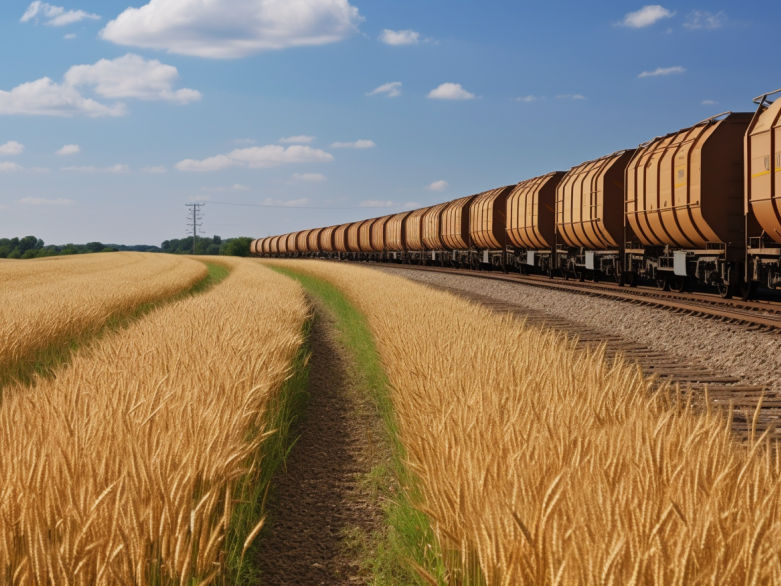
Computer generated picture
Note: This article has been translated using a computer system without human intervention. LUMITOS offers these automatic translations to present a wider range of current news. Since this article has been translated with automatic translation, it is possible that it contains errors in vocabulary, syntax or grammar. The original article in German can be found here.



